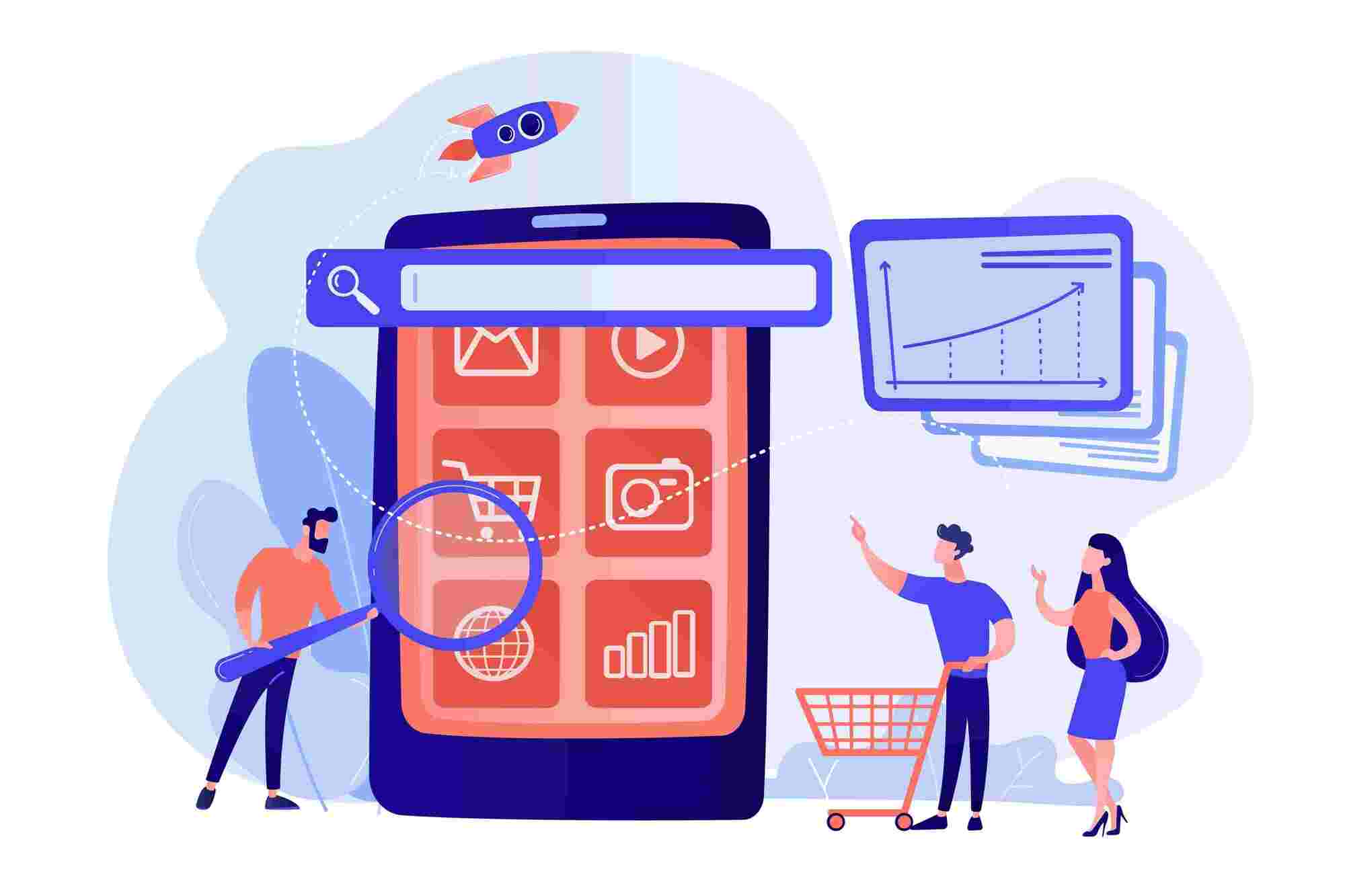The Metaverse Awakens: How Virtual Reality is Shaping Our Reality
The world of technology is constantly evolving, and one concept that has been generating a lot of buzz lately is the metaverse. With the advent of virtual reality (VR) technology, the idea of a fully immersive digital world where people can live, work, and interact is becoming a tangible reality. In this article, we will explore the metaverse, its potential applications, and the impact it is having on our everyday lives. In this section, we will introduce the concept of the metaverse and explain its significance in the current technological landscape. We will also provide a brief overview of virtual reality technology and how it relates to the metaverse. Here, we will define the metaverse and discuss its key characteristics. We will delve into the idea of a shared virtual space that is accessible to users across various platforms and devices. We will also explore the concept of persistent identity and the ability to interact with others in real-time. This section will focus on the rise of virtual reality and its role in shaping the metaverse. We will discuss the advancements in VR technology, from early prototypes to the current state-of-the-art devices. We will also touch upon the increasing accessibility and affordability of VR equipment. In this section, we will explore the power of immersion in virtual reality and how it enhances the metaverse experience. We will discuss the sensory engagement and the ability to create realistic and interactive environments. We will also highlight the impact of haptic feedback and spatial audio in enhancing the sense of presence. Here, we will examine the wide range of applications for the metaverse and how it is transforming various industries. We will discuss the social and entertainment aspects, including virtual hangouts, concerts, and gaming. We will also explore the educational and training opportunities, as well as the potential for healthcare and therapy applications.
The Metaverse is the next frontier, a digital realm where we can create new experiences, connect with others, and redefine what it means to be human.
– Mark Zuckerberg In this section, we will delve deeper into the social and entertainment aspects of the metaverse. We will discuss how virtual reality is revolutionizing social interactions, enabling people to connect and collaborate in immersive environments. We will also explore the possibilities of virtual concerts, events, and gaming experiences. Here, we will focus on the educational and training applications of the metaverse. We will discuss how virtual reality can provide immersive learning experiences, allowing students to explore virtual environments and engage in interactive simulations. We will also touch upon the potential for remote training and skill development. In this section, we will explore the impact of the metaverse on healthcare and therapy. We will discuss how virtual reality can be used for pain management, exposure therapy, and rehabilitation. We will also examine the potential for telemedicine and remote patient monitoring in a virtual environment. Here, we will discuss the implications of the metaverse for businesses and commerce. We will explore how virtual reality can enhance customer experiences, create virtual showrooms, and facilitate remote collaboration. We will also touch upon the potential for virtual currencies and blockchain technology in a metaverse economy. Here, we will delve deeper into the privacy and security concerns related to the metaverse. We will discuss the potential risks of sharing personal information in a virtual environment. We will also explore the challenges of securing virtual spaces and protecting users from malicious activities. In this section, we will examine the ethical considerations surrounding the metaverse. We will discuss topics such as virtual property rights, digital identity, and the impact on real-world experiences. We will also touch upon the potential for social inequality and exclusion within virtual communities. Here, we will look into the future of the metaverse and its potential evolution. We will discuss emerging technologies and trends that are shaping the metaverse landscape. We will also explore the possibilities of cross-platform compatibility and the integration of augmented reality (AR) and mixed reality (MR) technologies. In the conclusion, we will summarize the key points discussed in the article. We will emphasize the transformative power of virtual reality in shaping the metaverse and its potential impact on our everyday lives. We will also highlight the importance of addressing the challenges and ethical considerations associated with this emerging technology.Introduction
Definition of the Metaverse
The Rise of Virtual Reality
The Power of Immersion



Expanding Applications
Social and Entertainment
Education and Training
Healthcare and Therapy
Business and Commerce
Privacy and Security
Ethical Considerations
The Future of the Metaverse
Conclusion

















